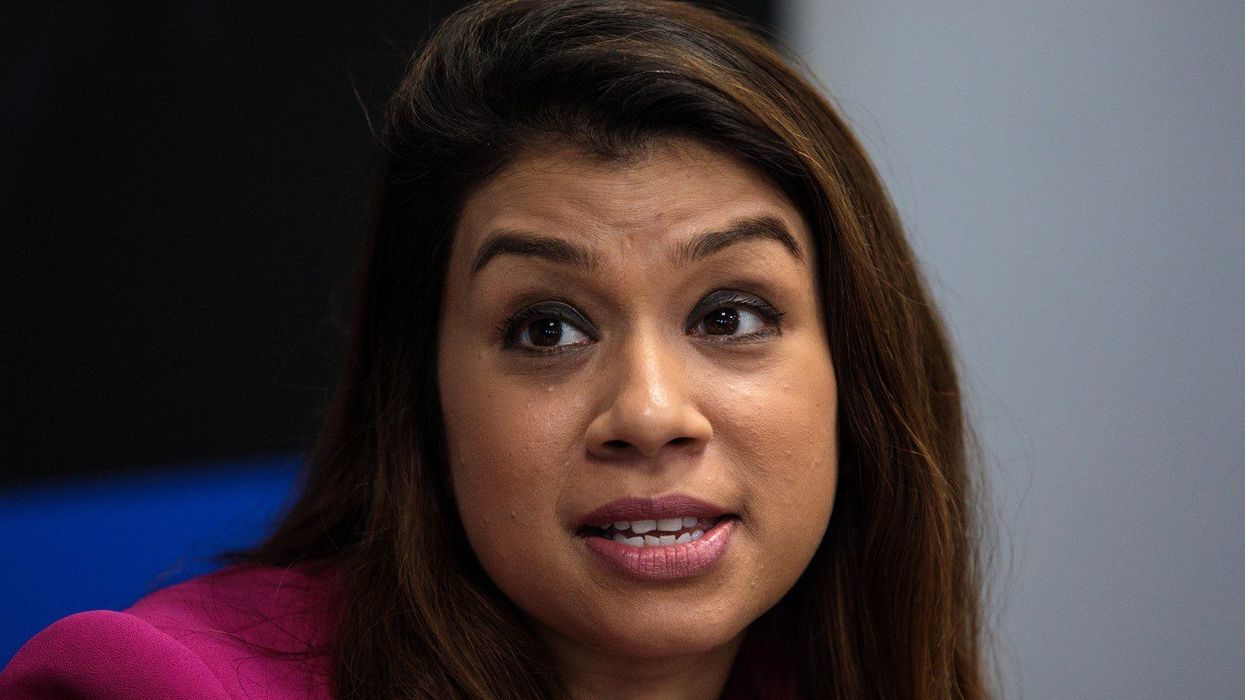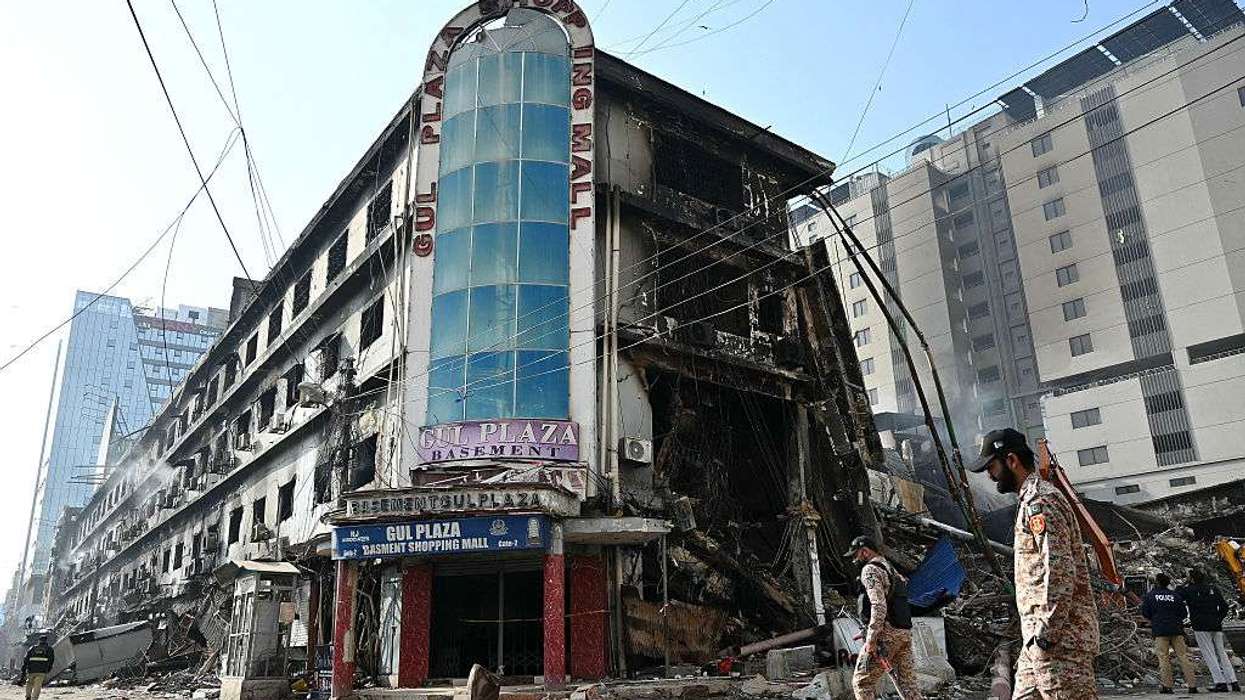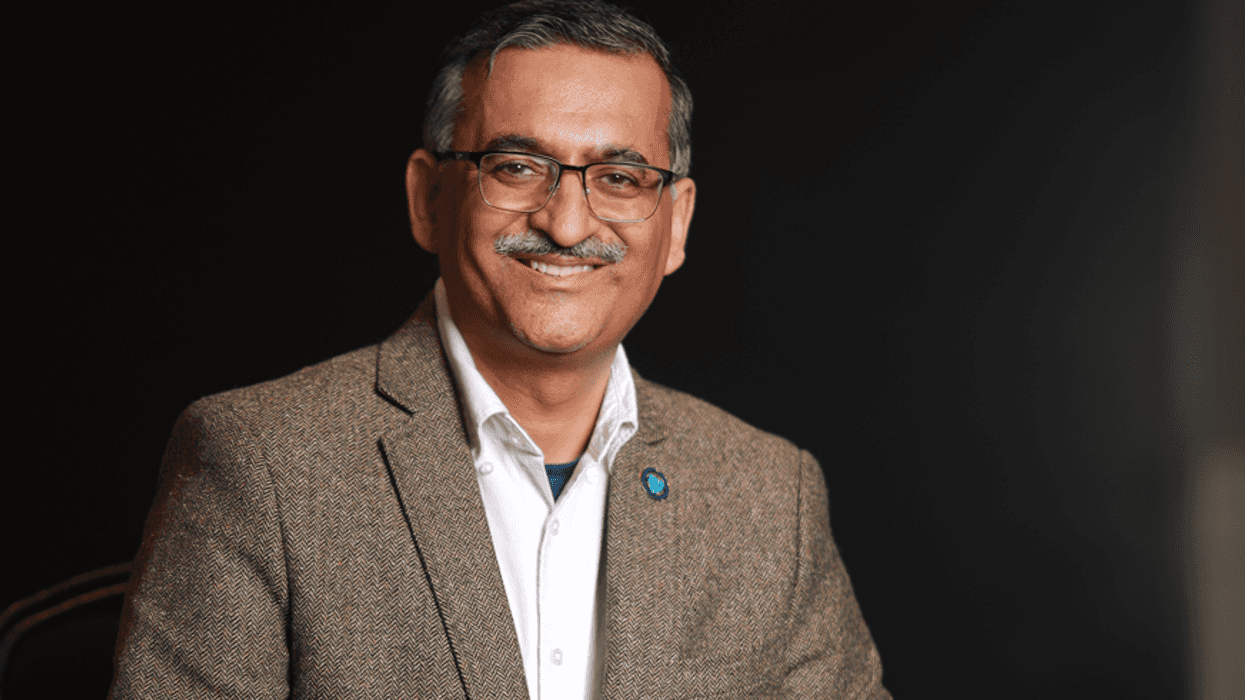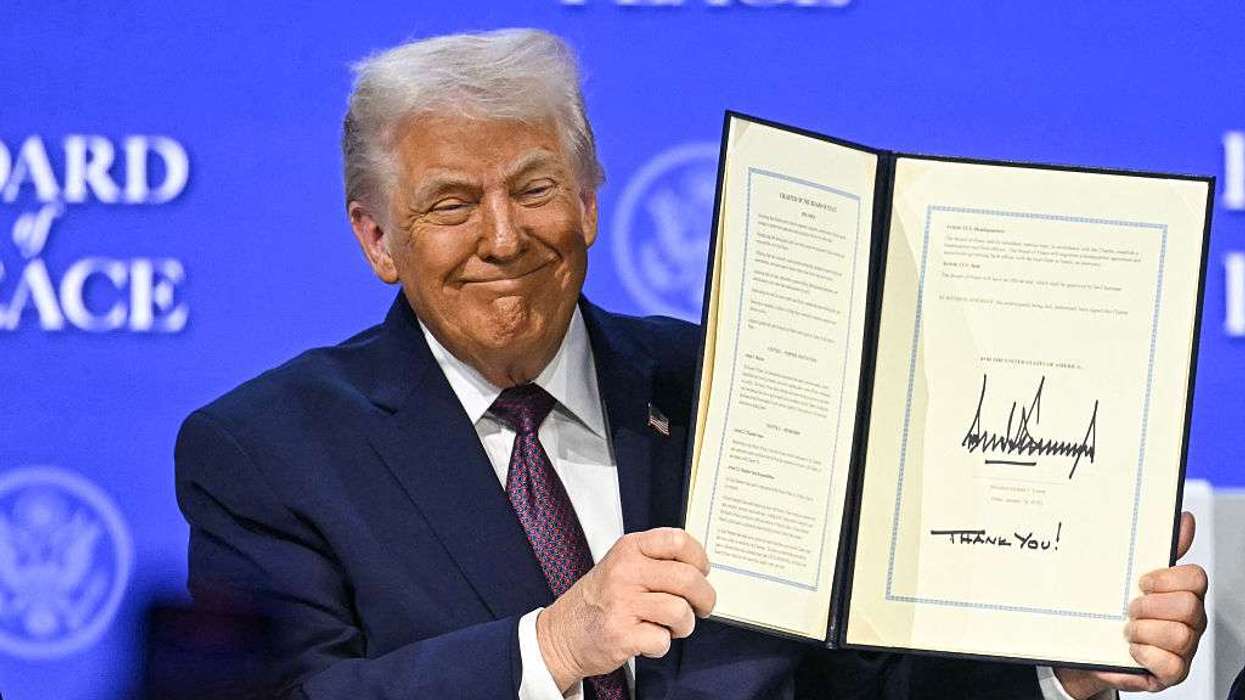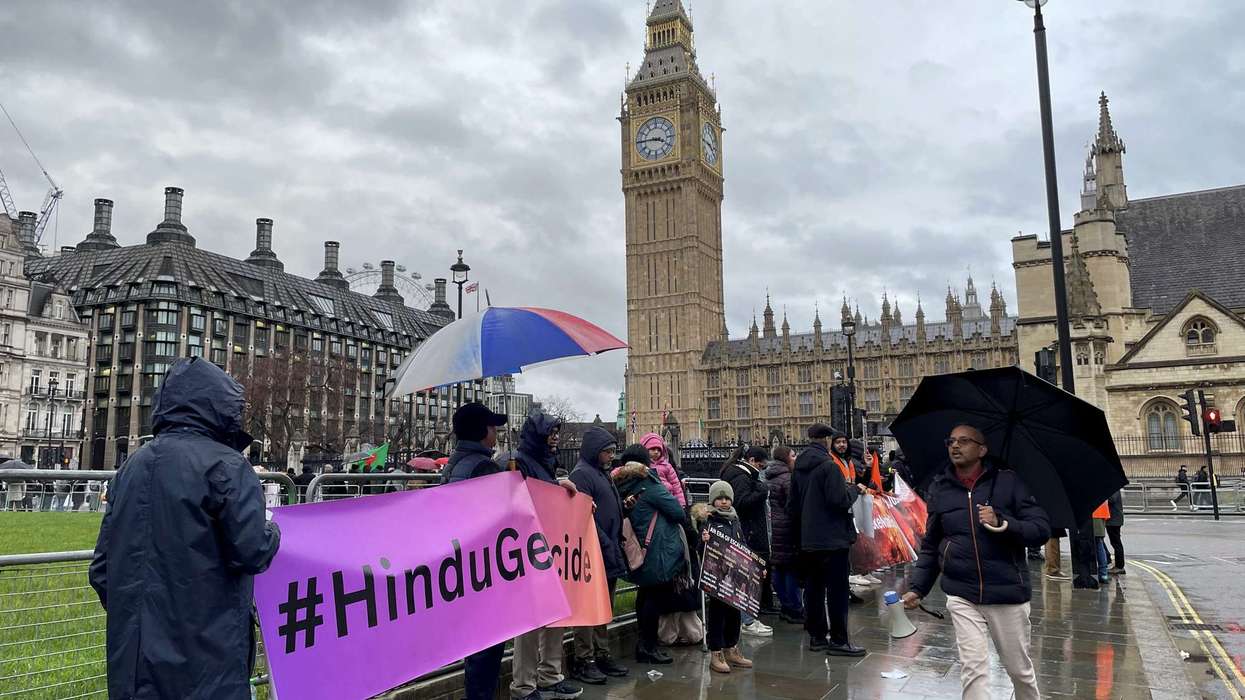TREASURY minister, Tulip Siddiq, resigned from her position on Tuesday following her involvement in a corruption investigation in Bangladesh after growing pressure over an anti-corruption investigation in the country.
The probe began after her aunt, Sheikh Hasina, was removed from power.
In her resignation letter to prime minister Keir Starmer, Siddiq maintained that she had done nothing wrong but acknowledged that remaining in office could "be a distraction from the work of the government."
Letter from Tulip Siddiq MP to the Prime Minister.pdf
Emma Reynolds, previously serving as pensions minister, was quickly named Siddiq’s replacement.
Siddiq, 42, who was the minister responsible for financial services and anti-corruption measures, faced scrutiny over her financial links to Hasina, Bangladesh’s former prime minister.
While she denied any wrongdoing, her decision to step down comes after weeks of media coverage and questions regarding her ties to the case.
Starmer thanked Siddiq for her work and recognised that "no evidence of financial improprieties on your part" had been found.
"I appreciate that to end ongoing distraction from delivering our agenda to change Britain, you have made a difficult decision and want to be clear that the door remains open for you going forward," Starmer added.
Starmer, who had expressed his full confidence in Siddiq last week, is now dealing with the resignation of a second government minister within two months. The situation comes at a time when his approval ratings have dropped since Labour's general election victory in July.
Letter from the Prime Minister to Tulip Siddiq MP.pdf
Siddiq was appointed to oversee financial services policy after the election, which included measures to combat money laundering.
In her statement, she explained that while an investigation found no breach of the ministerial code of conduct, her continued presence in the role would be a distraction. "I have therefore decided to resign from my ministerial position," she stated.
Letter from Independent Adviser on Minsterial Standards to the Prime Minister.pdf
The Bangladesh anti-corruption commission is investigating Hasina, who led the country from 2009 until her removal last year, over allegations of corruption and money laundering.
Hasina and her party have denied any wrongdoing. Siddiq was named in December as part of the investigation into whether her family benefited from Bangladeshi infrastructure contracts.
The anti-corruption commission alleges irregularities in awarding a $12.65 billion nuclear power project, suggesting both Hasina and Siddiq may have been involved.
Siddiq also came under scrutiny for properties in the UK linked to Hasina and her associates.
Documents from Companies House and the Land Registry show Siddiq lived in a north London property gifted to her family in 2009 by Moin Ghani, a lawyer with ties to Hasina’s government.
Additionally, she acquired another London property in 2004 without payment, reportedly from a developer connected to Hasina’s Awami League party, according to the Financial Times.
Hasina left Bangladesh after being ousted during protests.
Siddiq’s resignation follows that of transport minister Louise Haigh late last year, who stepped down after admitting to a minor criminal offence regarding a falsely reported stolen mobile phone.
(With inputs from Reuters)
